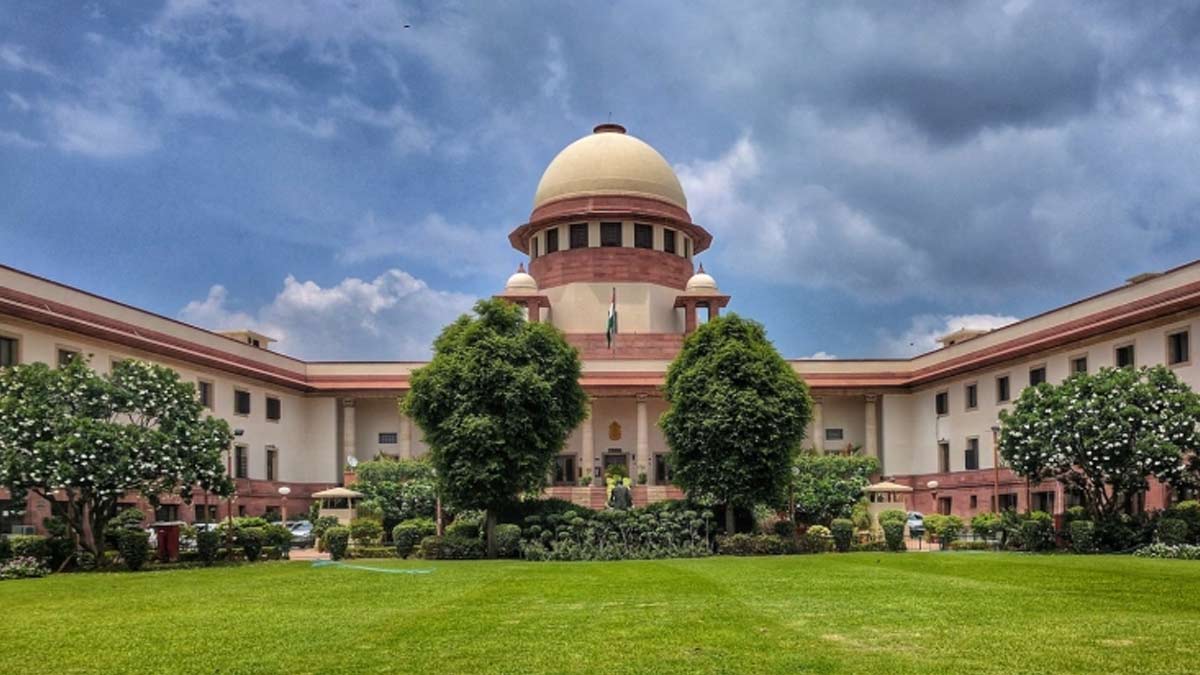
In a significant ruling, the Supreme Court on Wednesday decided that a divorced Muslim woman has the right to claim alimony from her husband under Section 125 of the Code of Criminal Procedure. This landmark decision supporting Muslim women's rights came after a bench comprising Justice Augustine George Masih and BV Nagarathna dismissed a petition from a Muslim man challenging a court order to provide maintenance to his divorced wife under the Code of Criminal Procedure (CrPC), 1973.
The Supreme Court heard an appeal from Mohd. Abdul Samad, who had been directed by a family court in Telangana to pay Rs 20,000 as maintenance to his ex-wife under Section 125 of the Code of Criminal Procedure. The woman had approached the family court citing that Samad had given her triple talaq. Samad appealed this decision in the high court, which on December 13, 2023, disposed of the case, directing him to pay interim maintenance of Rs 10,000 while acknowledging the need for further adjudication on several raised questions.
In his challenge to this decision, Samad argued before the Supreme Court that the provisions of The Muslim Women (Protection of Rights on Divorce) Act, 1986, a special act, should prevail over the general provisions of Section 125 CrPC. However, the Supreme Court ruled that the Muslim Women (Protection of Rights on Divorce) Act, 1986, does not supersede secular law.

Justice Nagarathna and Justice Masih delivered separate but concurring judgments, affirming that Section 125 CrPC applies to all women, not just married women. Justice Nagarathna, quoting Live Law, stated, "We are dismissing the criminal appeal with the conclusion that Section 125 CrPC would be applicable to all women and not just married women."
Don't Miss: Supreme Court Grants New Fundamental Right: Right Against The Adverse Effects Of Climate Change Explained
As per Live Law, the bench further clarified that if a Muslim woman is divorced during the pendency of a petition under Section 125 of the CrPC, she can seek recourse to the Muslim Women (Protection of Rights on Marriage) Act 2019. They emphasised that the remedy provided by the 2019 Act is supplementary to the remedy available under Section 125 CrPC.
The bench emphasised that the right to seek maintenance applies universally to all married women, regardless of their religious affiliation. "This right transcends religious boundaries, reinforcing the principle of gender equality and financial security for all married women," it added, as per NDTV.

The court further said, "Some husbands are not conscious of the fact that the wife, who is a homemaker, is dependant on them emotionally and in other ways. Time has come for Indian men to recognise the indispensable role and sacrifices made by housewives for the family."
Keep reading Herzindagi for more such stories.
Credits: Freepik
Also watch this video
Herzindagi video
Our aim is to provide accurate, safe and expert verified information through our articles and social media handles. The remedies, advice and tips mentioned here are for general information only. Please consult your expert before trying any kind of health, beauty, life hacks or astrology related tips. For any feedback or complaint, contact us at compliant_gro@jagrannewmedia.com.